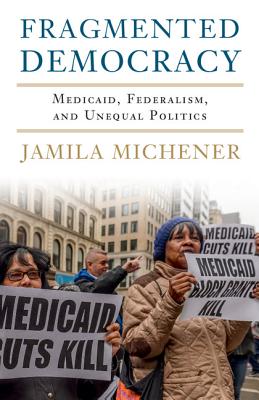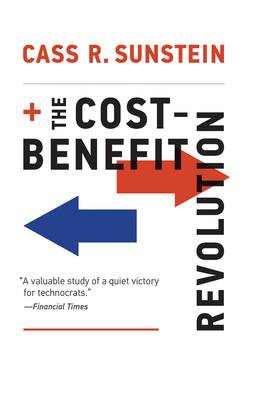
Ahmed, Eltigani
product information
description
lies beneath the surface of political turmoil and recurrent conflicts in Africa and elsewhere? Amid the seemingly abrupt armed conflict in Khartoum in 2023, the question on everyone's mind was, "What's going on there?" The question was posed time and again whenever an armed conflict erupted somewhere in the World. This timely publication provides the answer. Immerse yourself in the thought-provoking pages of "Stoning the Devil of War in Sudan, " an African non-fiction political book that brings a unique perspective, setting it apart from typical armed conflict narratives. It delves deep into the sociopolitical, sociocultural, and socioeconomic undercurrents that brew the armed conflicts but often escape mainstream media coverage, making it a must-read for those who enjoy sociology books and books on cultures in transformation.This book aims to break the cycle of endless conflict by providing logical and chronological analyses to unravel the intricacies, solve the riddles, and reverse the cycles of Sudan's history of political instability and armed conflicts. Stoning the Devil pursues a therapy for Sudan's tribulation in the broader Pan-African journey to self-realization. The book provides contextually-relevant case studies from Angola, Kenya, Mozambique, Rwanda, Sierra Leone, South Africa, Tanzania, and South Sudan to chart a path out of war for Sudan.The book proposes practical solutions for securing political stability, fostering socioeconomic development, reforming the security sector, normalizing foreign relations, delivering transitional justice, rebuilding social infrastructure, and transforming the education system. This book is a valuable addition to the collection of the African non-fiction library, offering a structured roadmap to transition Sudan into a resilient peace and social cohesion.For readers seeking a unique blend of conflict books and books on roadmaps to resolutions, "Stoning the Devil of War in Sudan" is an indispensable copy in your library.This book represents a paradigm shift in war and peace dynamics in Africa and beyond in that it offers a fresh model for conflict resolution by not targeting the flames but the fire-burning faculties that keep igniting them.
member goods
No member items were found under this heading.
Return Policy
All sales are final
Shipping
No special shipping considerations available.
Shipping fees determined at checkout.







